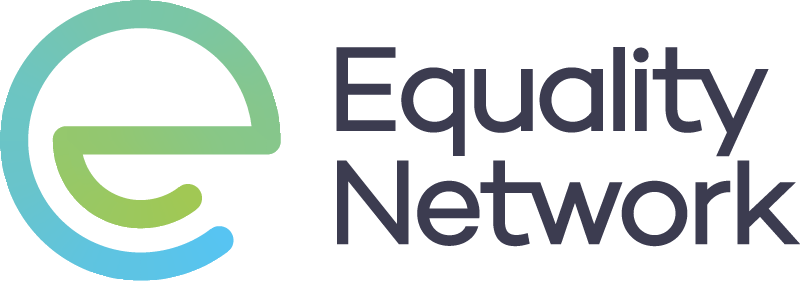
What is a support network?
No person is an island. We all rely on people and places around us to give us the physical and emotional support we need in our lives. Together, these people and places form our support networks, and each person’s network is unique to them. Some include a small network of close friends or family, and some include a wide community of people with shared interests and experiences.
Support networks are in-person and virtual, may exclusively consist of close personal ties, or may be made up of larger groups of acquaintances. Support networks are defined by the way they link people together, help people to do things that they could not do on their own, and how they make people feel. In many ways, the most vital thing a support network provides is fundamental human connection.
Different kinds of support networks include:
- Biological family
- Chosen family
- Organisations (including LGBTI+ organisations)
- Professional care
- Interest groups
- Workplace
As part of the survey, respondents were asked to describe their networks of support, including where they found ‘emotional support, comfort, physical support, practical or financial support, space to talk and be yourself, connection, a sense of community and belonging.’
Some who responded to the survey indicated that they struggled to find support, or had little to no support networks in their lives.
“I don’t have much support. On benefits for my mental health, I’ve become isolated. I am locked out of health care. I have a small number of close friends but they have issues of their own so it is difficult to be completely open.”
Many respondents listed ‘family’ (including partners) and ‘friends’ foremost. However, others said that biological family were not a good source of emotional support.
“I didn’t list my family as that’s not where my support comes from – I think that’s pretty common among LGBTQIA folks.”
In this survey, respondents confirmed that chosen family is a vital part of support networks for many LGBTI+ people.
“Queer family can be very different to blood family, even if they’re accepting and supportive, the queer family understand things on a wholly different level that makes them essential to be around. You need a buffer from the world sometimes, especially if you’re trans, and only other trans folk can really understand that.”
“Years ago, when I was earlier in my transition, I was adopted by others in the community who supported emotionally and helped bring me up to speed on how it all is, and in time I adopted others in turn. … You feel more closely related to chosen family and friends when you find that sense of belonging you never had in bio family or society when growing up.”
“Husband & best friend are my closest companions … We live intentionally within a community of close friends, and different groups of friends within that. We have a chosen family of 6 and talk to them every day.”
Respondents mentioned local organisations that they considered part of their support networks, including LGBTI+ specific organisations and support groups.
“In order to make connections into the wider world I make myself go to my church, LGBT Health & Wellbeing, and the newly formed Edinburgh Gay Network.”
For some, being involved in an organisation as an employee or volunteer was an important part of their support network.
“Volunteering has massively increased my sense of community, not just LGBTQ+ community, but we’ve been doing a lot of events in my council ward which has increased my feeling of connectedness with the wider community.”
For many respondents, interest groups gave them essential support, including choirs, sports groups, and games groups.
“D&D groups usually consist of friends of mine but even when it isn’t, it’s usually a tight knit one as we see each other often and rely on good support from one another.”
“My fighting group I think is so close due to the type of sport we do. It’s close contact and very physical. We see each other at our best and our worst and yet we stick around. There’s a phrase we use which is “hit each other with love” and it’s true.”
“Roller derby is a female led, grass roots sport that is very welcoming. For me as a lesbian woman, this is the only space where I’m truly out and myself. I am also able and happy to extend this feeling of empowerment to others which creates a strong sense of belonging and being accepted.”
Where respondents spoke positively about their workplaces, colleagues could be an additional source of support. During lockdowns, when most businesses were closed, in-person work moved online, or employees were put on temporary government-subsidised furlough. This meant some respondents found themselves cut off from this point of support within their network.
“My formal work and university LGBT+ Networks give me a feeling of community and the fact that we stand by each other and have some of the same lived experiences.”
Finally, a number of respondents indicated that their support networks would not be complete without their pets. Research has shown that pets have a positive impact on mental health,[17] and recent research on pet owners during the pandemic suggests that pets provided significant mental and emotional safeguarding during lockdowns.[18]
“My family unit has been somewhat problematic so I seek that elsewhere. I can find it however in my pet, my hobbies and my few close friends.”
“I would say my support network is: my partner and pet, my friends and my mum.”
Footnotes
- Cusack (2014), ‘Pets and Mental Health’, Routledge, New York (Return to reference [17])
- Grajfoner, D., et. al. 2021. ‘The effect of pets on human mental health and wellbeing during COVID-19 lockdown in Malaysia’, Animals. (Return to reference [18])

